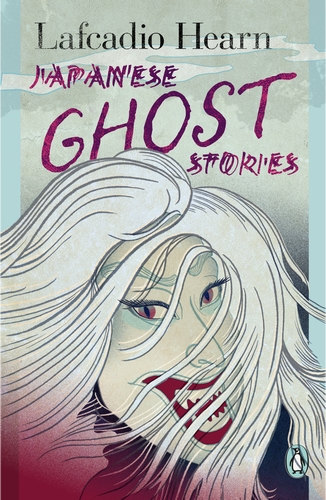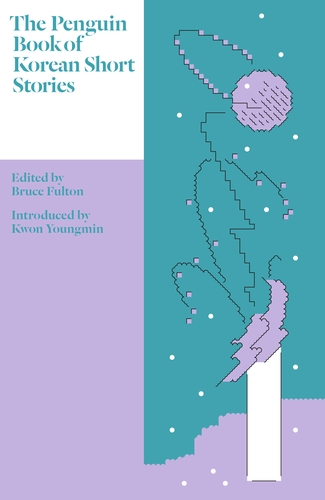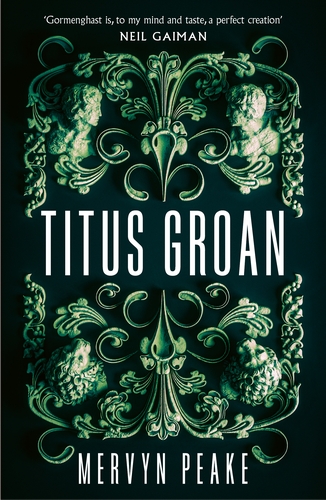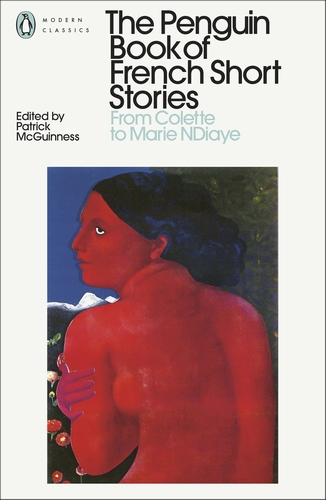Author:Margaret Forster

Angela Bradbury's 'Poor Mother' : delicate, humble, permanently disappointed, has made endless sacrifices for her family, for which they can never quite be grateful enough. 'You can't please your mother', as her father says.
Even now, just one phone call from Mother can send Angela spiralling into guilt, self-recrimination and doubts over her own abilities as a mother. Worryingly, Angela's relationship with her own daughter Sadie seems to be going the same way, as Sadie develops into a sullen, unresponsive adolescent. It seems that motherhood is a heritage of disappointments and broken promises. But Angela is determined that, somehow, her relationship with Sadie will be different.
Margaret Forster's...novel about mothers and daughters...is one of the most painfully honest I have ever read. It raised agonising questions about female identity, asking whether the role of mother leaves anything over for the individual woman, and whether daughters can ever shake off the past
—— Joan Smith , GuardianA new work by Margaret Forster always gives me a tingle of anticipation. Her books are consistently good reads, packed with originality and imagination
—— Val Hennessy , Daily MailForster is remarkably honest, skilful and perceptive
—— ObserverAn honest portrait of the generation gap and the perennial irritations that bedevil this most powerful and idealised of all blood ties
—— CompanyGripping and full of interest...it confirms Némirovsky's brilliance as a storyteller with a deep understanding of the hidden flaws and cruelties in the human heart
—— Sunday TelegraphThe novella is a model of storytelling... What a hellish Arcadia Némirovsky conjures up, and with what refinement and subtlety
—— IndependentA gem-like novella, polished, multi-faceted and brilliant; a sweet pastoral that turns bracingly bitter; beautifully poised between innocence and experience, desire and death. I look forward to reading it again
—— Daily TelegraphNémirovsky's voice is not loud, flamboyant or morose. It is clear and steady. It is the steadiness, the slow burn that does the work
—— GuardianThis slender volume packs in some hefty emotions...jealousy, bitterness, greed and of course, passion
—— Marie ClaireLike Chekhov, she observes and powerfully expresses the detail that fixes the scene
—— GuardianSuch is the exquisite, gossamer construction of Murakami's writing that everything he chooses to describe trembles with symbolic possibility
—— GuardianVintage Murakami [and] easily the most erotic of [his] novels
—— Los Angeles Times Book Review[A] treat...Murakami captures the heartbeat of his generation and draws the reader in so completely you mourn when the story is done
—— Baltimore SunMurakami's most famous coming of age novel of love, loss and longing
—— Dazed and ConfusedCatches the absorption and giddy rush of adolescent love... It is also, for all the tragic momentum and the apparently kamikaze consciousness of many of its characters, often funny and quirkily observed.
—— Times Literary Supplement[A] treat . . . Murakami captures the heartbeat of his generation and draws the reader in so completely you mourn when the story is done.
—— The Baltimore SunOne of the most poignant and evocative novels I have ever read
—— PalantinatePoignant, romantic and hopeless, it beautifully encapsulates heartbreak and loss of faith
—— Sunday TimesQuinn brings the period in question vividly to life: his research is exemplary, and his subject absorbing
—— Lucy Scholes , ObserverAll the ingredients of an upmarket page-turner
—— Max Davidson , Mail on SundayAmbitious, gripping and disturbingly well done
—— Kate Saunders , The TimesBeyond its splendid feel for the era’s chat and patter, the novel pits philanthropy and opportunism, ideals and selfishness, bracingly at odds
—— Boyd Tonkin , IndependentThis novel is refreshingly different and contains a cornucopia of wonderful material and evocative descriptions
—— Good Book GuideThe best book I’ve read in ages… You have to read it.
—— Hilary Rose , The Times






